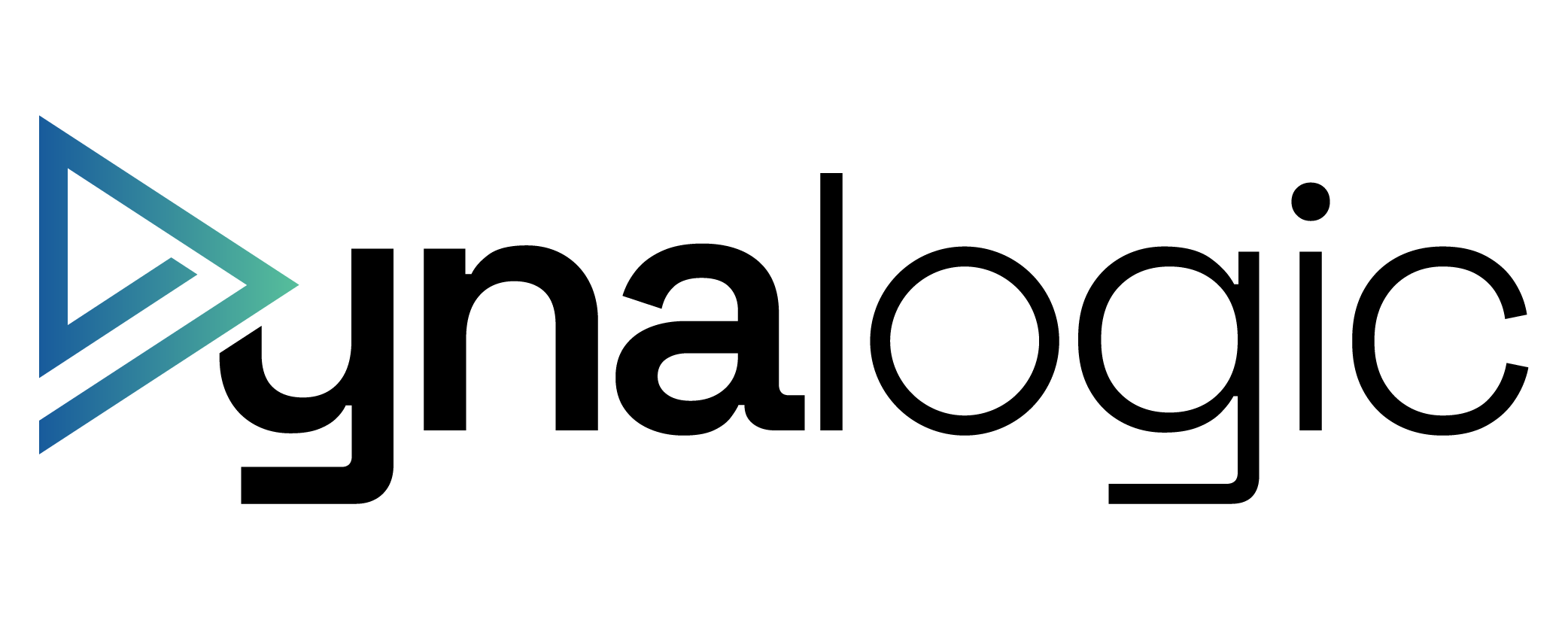The Balancing Act: Integrating Data, Lean, and Sustainability in Modern Manufacturing
Manufacturing today is a complex balancing act, where success hinges on achieving multiple goals simultaneously.
Operational efficiency, sustainability, digital transformation, and resilience are all critical, and each presents its own set of challenges. The key to navigating this complexity lies in effectively leveraging data.
The Complexity of Modern Manufacturing
Modern manufacturing is akin to juggling knives while riding a bicycle uphill. Manufacturers must balance operational efficiency, sustainability mandates, digital transformation, and supply chain resilience.
Josef Szekeres
Data is at the heart of these efforts, yet it often exists in scattered, inconsistent, and disconnected forms across various systems like ERP, MES, CRM, and sustainability tools. This fragmentation makes achieving a cohesive "digital thread" seem like an impossible dream.
The MDA Framework in Manufacturing
Borrowing from game design, the Mechanics, Dynamics, and Aesthetics (MDA) framework can help tackle data complexity in manufacturing:
- Mechanics: This involves establishing solid Master Data Management (MDM) structures, standards, and rules to organize and integrate data.
- Dynamics: This focuses on how data management strategies impact teams, workflows, and business decisions, emphasizing the human element.
- Aesthetics: This is about creating intuitive data cockpits—dashboards and analytics tools that provide visibility and drive continuous improvement.
By combining these elements, manufacturers can turn complexity into clarity, ensuring that data empowers real business outcomes.
Lean, Green, and Digital Transformation
Traditional Lean principles, which focus on eliminating waste and improving flow, are evolving to include sustainability goals. Wasting energy or raw materials is now recognized as waste, and lean practices that reduce excess inventory, scrap, and rework also cut environmental impact.
The concept of a sustainable digital common thread integrates data from all parts of the operation, from design to aftersales, and weaves in sustainability and lean efficiency. This continuous loop of information boosts productivity and tracks environmental performance in real time, much like a Fitbit for your factory.
Real-World Applications and Benefits
Successful integration of data management, lean practices, and sustainability efforts can lead to significant benefits. For example, a plant manager with a digital dashboard can monitor hourly output, defect rates, energy consumption, and carbon emissions. This visibility allows for targeted improvements, such as reducing energy usage or minimizing scrap, which saves money and reduces the plant's carbon footprint.
Studies show that manufacturing consumes over 50% of the world's energy, so efficiency gains have a substantial sustainability payoff. By metering and monitoring resources and emissions, companies can uncover opportunities to save power and materials, treating these as bottlenecks to be fixed.
Overcoming Challenges and Moving Forward
Implementing integrated data strategies comes with challenges, such as data fragmentation and resistance to change. However, solutions like establishing structured master data environments, providing strategic advisory assessments, and delivering intuitive data cockpits can help overcome these obstacles.
Looking ahead, future trends in manufacturing data management and sustainability will likely focus on further integrating digital technologies and enhancing real-time data visibility to drive continuous improvement.
Conclusion
Complexity is just another word for opportunity. By leveraging a balanced approach that integrates data management, lean practices, and sustainability efforts, manufacturers can not only manage complexity but master it. This balanced approach enables continuous improvement and strategic success, turning scattered data into a powerful tool for achieving multiple goals.
Ready to stop juggling and start thriving? Embrace the MDA framework and a sustainable digital common thread to transform your manufacturing operations.
